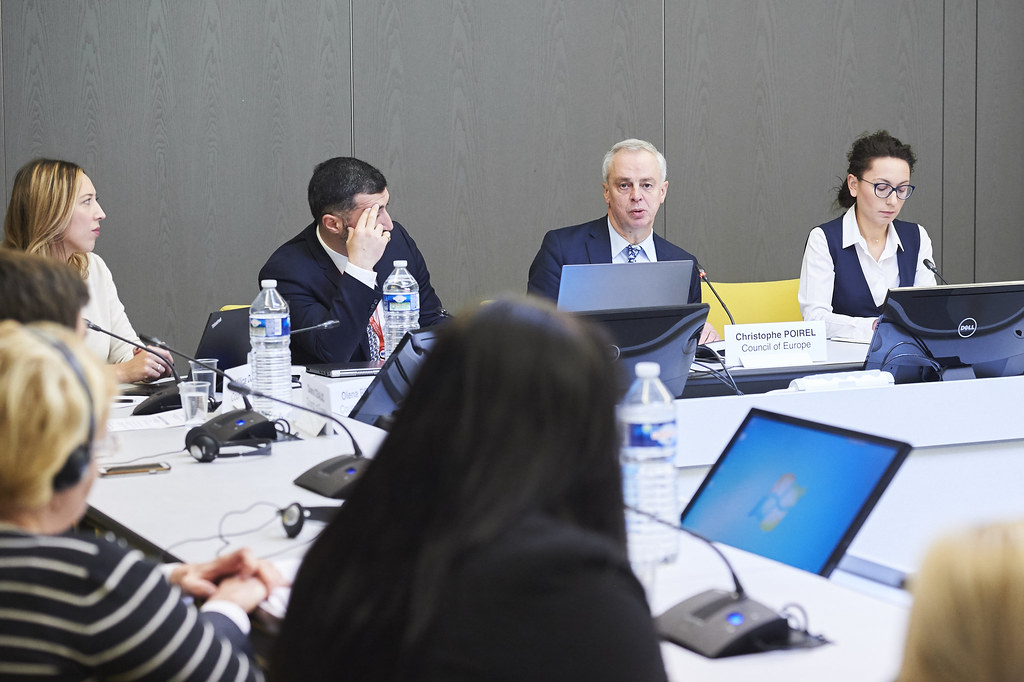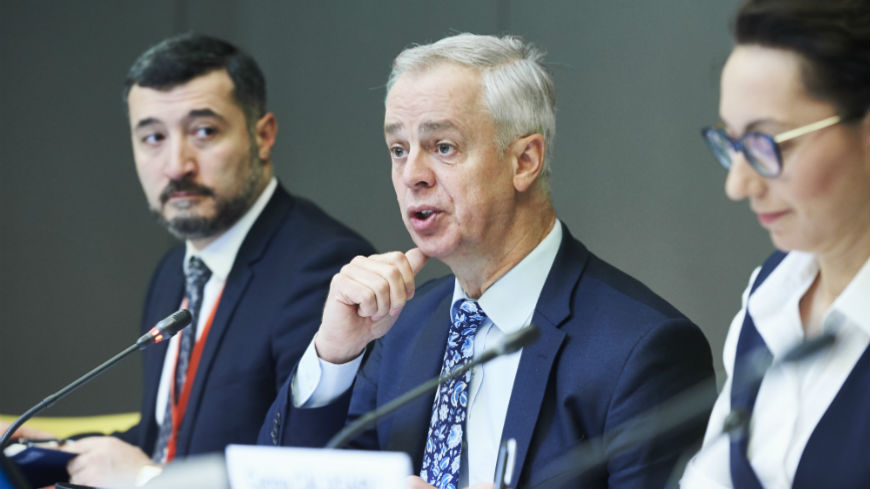On 30-31 October 2018, a study visit for the members and staff of the Council for prevention and elimination of discrimination and ensuring equality and staff of the Ombudspersons Office of the Republic of Moldova was held in Strasbourg.
The main objective of the visit was to enhance knowledge and capacities of the Moldovan delegation to implement their mandate effectively and efficiently in relation to equality and non-discrimination.
This was achieved by means of exchange of opinions on various country reports, policy documents, as well as by discussions on the European Court of Human Rights jurisprudence. The delegation had an opportunity to meet with the Council of Europe’s experts from several non-discrimination focused entities.

The study visit was organised within the joint EU/Council of Europe project Supporting national efforts for prevention and combating discrimination in Moldova, part of the Partnership for Good Governance programme.

